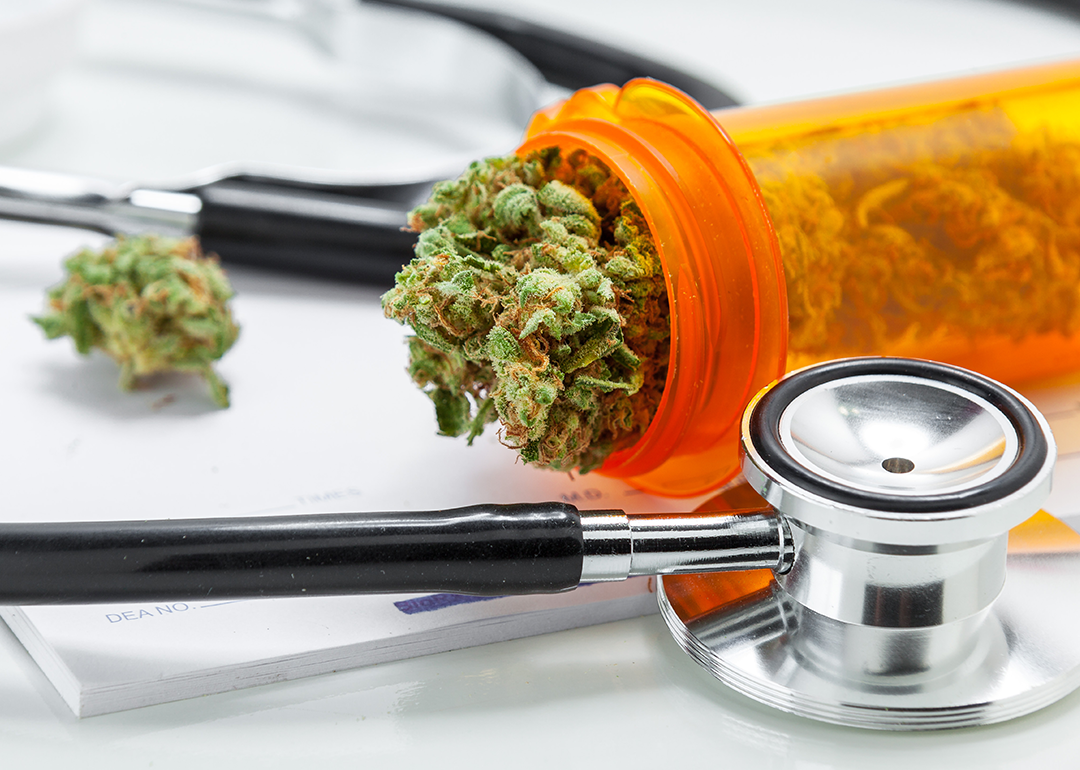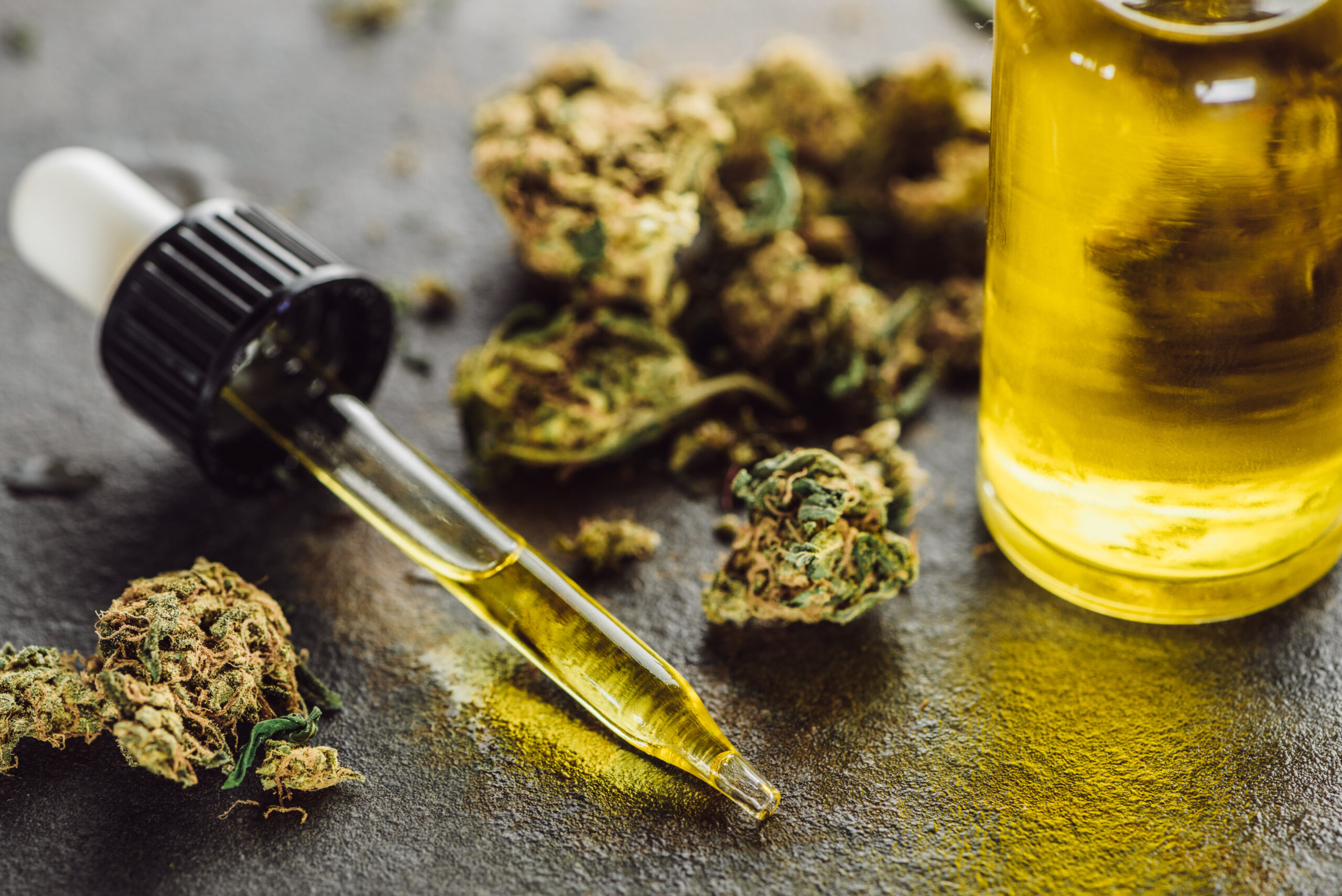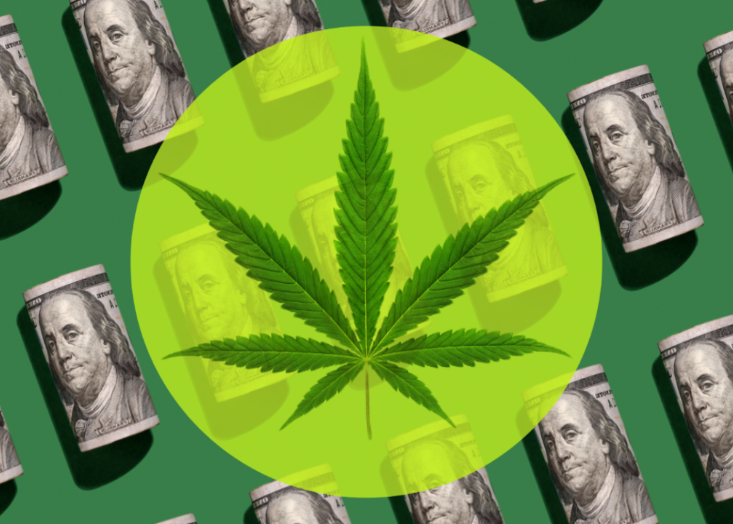Delta-8, Delta-9 and other synthetic cannabinoids are pushing the state to consider a tougher stance on hemp-derived cannabinoids
The recent explosion of hemp-derived synthetic cannabinoids like Delta-8, Del-ta-9 and other intoxicating cannabinoids has been both a blessing and a curse, depending on your vantage point. In states where prohibition of cannabis still lingers, the Delta products have been a godsend for some cannabis enthusiasts, allowing them legal-ish access to THC in some form or fashion. But in other states, like Colorado, where the cannabis industry reigns supreme — and real, clean cannabis products are easily accessible — the vibe is a bit different, to say the least.
Lawmakers in the state of Colorado passed a bill that limited the sale of Delta-8 products in May 2022, effectively curbing the distribution of the synthetic cannabinoid products in the state. And now, a task force has recommended that the state take a tougher stance on all intoxicating hemp-derived products. The task force, created by Senate Bill 22-205 during last year’s legislative session, was formed in response to the federal legalization of hemp in 2018.
If you’re unfamiliar with the controversy over these products, here’s a quick primer. While hemp and marijuana are both cannabis plants, they differ in their THC content. If the THC level in a hemp plant or product exceeds 0.3 percent, it is considered marijuana by the federal government. Some hemp plants have been selectively bred to have low THC levels and high levels of CBD, but CBD can be easily converted into various isomers of THC. Some of these forms are not prohibited by the federal government, and that’s where the issue comes in.
A loophole in the Farm Bill has led to the emergence of newer forms of THC, like Delta-8, 9, and 10 THC. All of these are technically derived from hemp oil, which is used to synthetically create these forms of THC. Little is known about the safety or efficacy of these synthetic cannabinoids, and there is a widespread lack of regulation for the industry producting them.
In turn, some states have banned them outright, but they are technically “legal” to sell and possess in most states. And, a quick Google search is all you need to purchase these types of products from just about anywhere in the nation.
This online free-for-all has created a lucrative market for some hemp businesses, allowing them to rake in the cash on the demand for these synthetic cannabinoids — and some in the hemp industry want to outright allow the sale of intoxicating hemp products inside and outside dispensaries.
Still, many in the cannabis industry are calling for strict rules or outright bans for modified cannabinoids. And, the task force in Colorado, which is made up of members from the marijuana and hemp industries, public health officials, and can-nabis regulators, and the group, recently recommended regulatory and statutory changes regarding intoxicating products derived from hemp.
While the Colorado task force believes there are a number of compounds that should not be targeted, including 10 specific cannabinoids and hemp extractions are considered non-intoxicating, including CBD, THCV, CBC, CBT, CBL, CBE, CBG, CBDV, CBN, and multi-compound hemp extracts, it does suggest a stronger enforcement approach toward at least 26 variants of synthetic THC derived from hemp.
In particular, the group has set its sights on Delta-8, 9, and 10 THC. The task force found that these modified hemp cannabinoids are being sold online and in traditional retailers like smoke shops and gas stations — and are easily accessible by anyone who wants to purchase them. And that’s where the change may come in.
The task force is now recommending that all forms of hemp-derived THC be considered intoxicating and therefore should not be allowed to be manufactured or sold in Colorado unless licensed and approved by the state’s Marijuana Enforcement Division. An exception is suggested for businesses in Colorado that ship hemp-derived products to other states with different laws.
The report by the task force proposes that hemp products containing up to 2.5 milligrams of THC per serving may be sold at stores other than dispensaries in Colorado, provided that state regulators require the inclusion of non-intoxicating cannabinoids like CBD at a ratio that ensures the product is non-intoxicating.
The report also notes that full-spectrum hemp products typically contain 1.0 to 2.0 milligrams of THC per serving but are considered non-intoxicating due to ratio considerations. The task force recommends a CBD-to-THC ratio of 15 to 1 as an appropriate standard.
It’s worth noting that products made from hemp containing non-intoxicating compounds are not subject to the same restrictions. Hemp companies may also use other potentially intoxicating compounds if they can prove that they are considered non-intoxicating by the scientific committee. But that doesn’t cut the proverbial mustard for everyone, mind you.
Representatives from the cannabis industry argued that even a 2.5 milligram THC dosage is too high and poses a threat to public safety if sold outside of regulated marijuana spaces. Still, critics and proponents alike have suggested that the recommendations proposed by the task force will need to be revisited in the future, regardless of any laws or regulations created this year. This is because new sources of cannabinoids, created through technologies such as gene editing of seeds, crops, soil, and microorganisms, are changing the regulatory landscape and economic outlook of hemp and cannabis.
The report also recommends the formation of a state cannabis science committee that would help state agencies evaluate scientific data and research related to cannabinoids. This includes their safety profiles, the potential for intoxication, and determining the appropriate classification for these compounds.
So, will there be any movement on the laws in the near future based on the findings of the task force? Well, not yet. According to the General Assembly’s bill tracker, no bills related to intoxicating hemp have been introduced in the state legislature, but that doesn’t mean it won’t happen.













